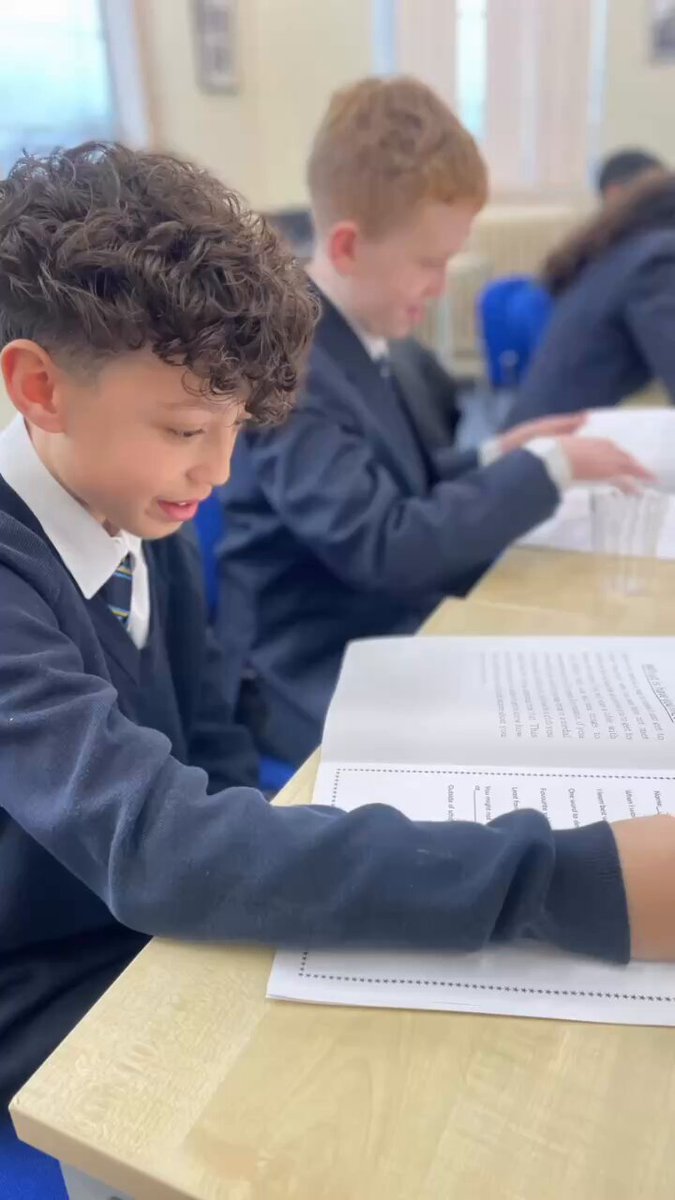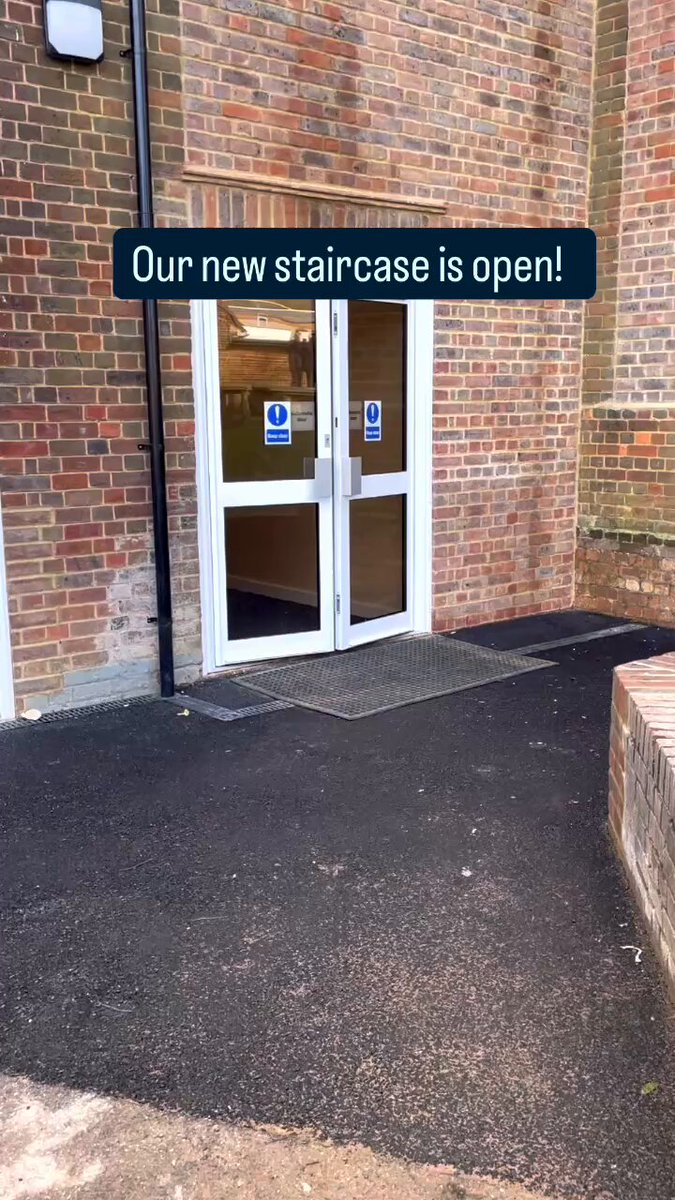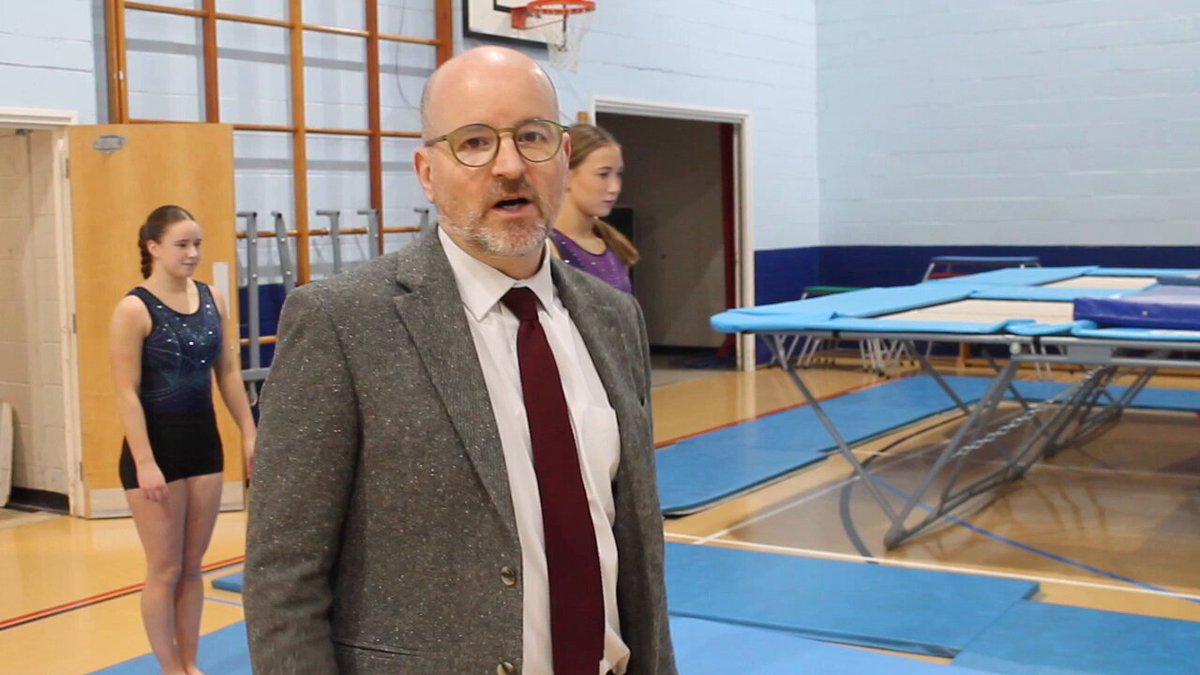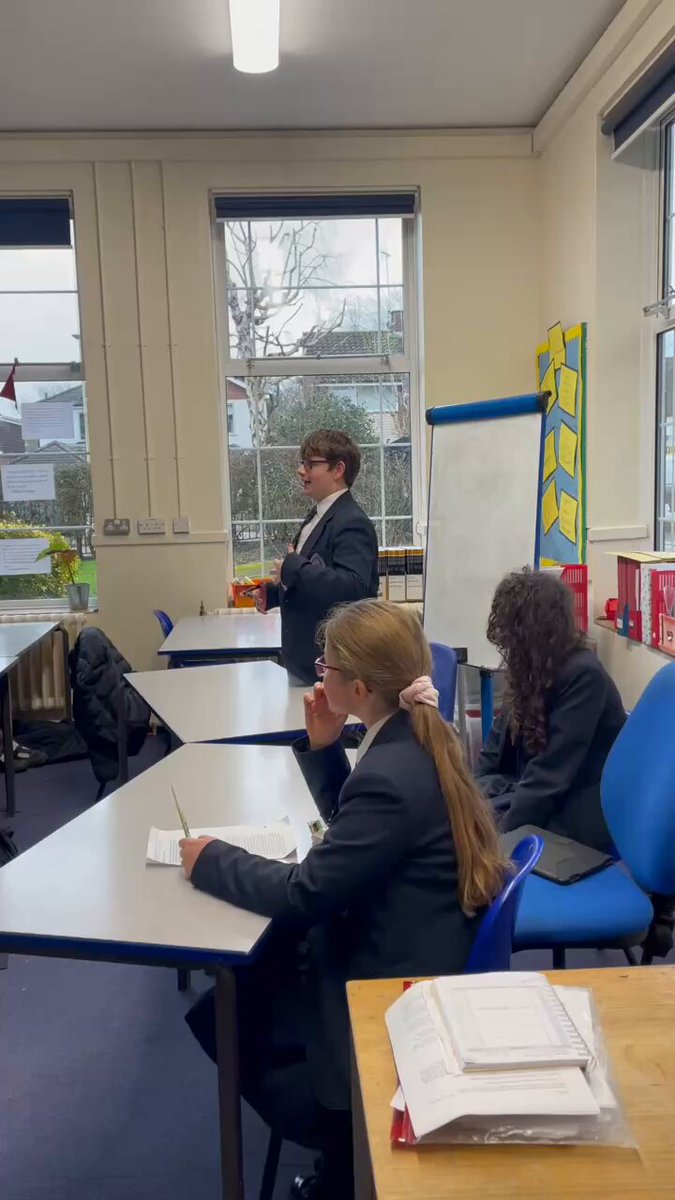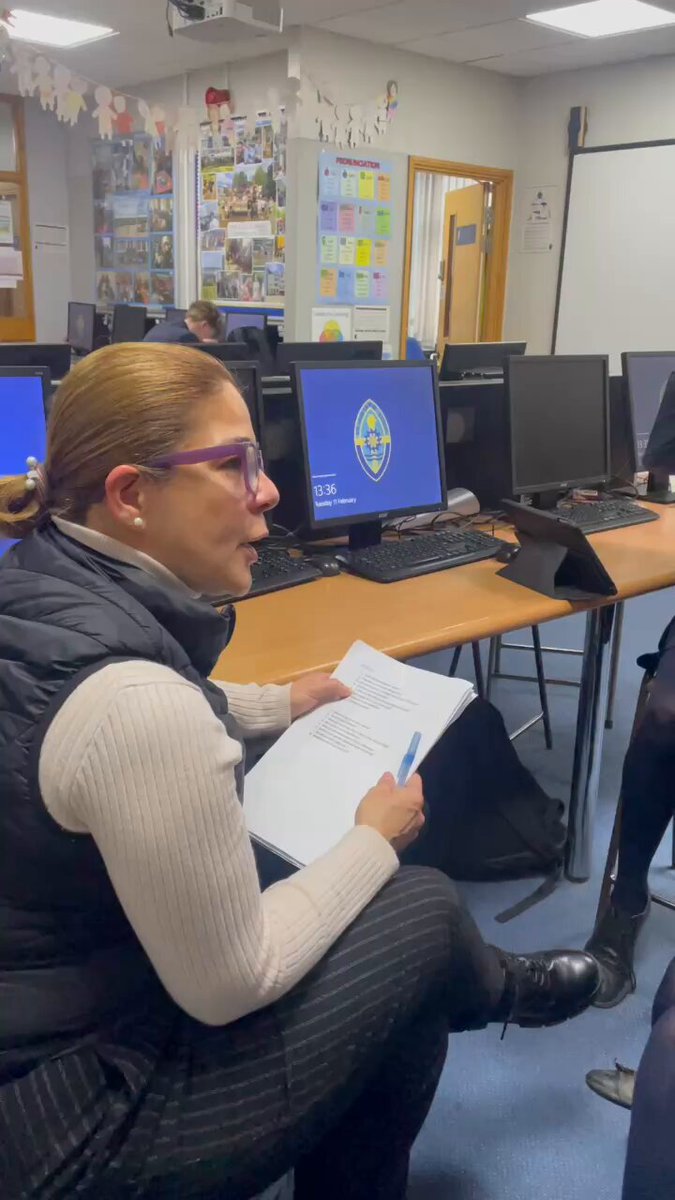Physical Education
| About the Faculty |
|---|
|
Physical Education, physical recreation and sport plays a central role in the life of Sir John Lawes School. Our dedicated team of 6 experienced professionals ensures that there are opportunities for all students to gain an understanding of the importance of leading a healthy and active lifestyle and more importantly to find an enjoyable way in which to do so. Through our broad and balanced curriculum and our extensive programme of extra-curricular physical recreation and sport we seek to provide pathways for all students to develop their interest and enjoyment of physical activity and to strive for excellence, both sporting and academic as they progress through SJL. |
| Curriculum Intent Statement |
|
Our goal is provide all our students with enjoyable experiences that will motivate them to regularly engage in physical activities for the rest of their lives. Based upon the whole school ethos of Achievement, Care and Excellence we aim to deliver a comprehensive PE programme that provides opportunities to fulfil all of the A.C.E qualities that guide and ensure effective personal development and welfare at SJL. |
Key Stage 3 Curriculum
Learning in Key Stage 3 core PE is wholly a practical activity and engages students in an enjoyable process designed to make them aware of the potential of their physical abilities. Through a range of games, gymnastic, athletic, fitness and dance activities students learn to work independently and as part of a team. Students are taught to identify their strengths and weaknesses and their likes and dislikes in terms of sports and physical activity so that they can make more informed choices about what they like to participate in at Key Stage 4 and of course outside of school.
In Year 7 students have two lessons per week and are taught in mixed gender groups for most activities. These are also mixed ability groups.
In Year 8 students have three lessons per week and continue to be taught in mixed gender groups for most activities but are now taught in ability based groups.
In Year 9 students have two lessons per week and continue to be taught in mixed gender groups for most activities and continue to be taught in ability based groups.
In this core component of the KS3 curriculum activities are delivered to allow students to:
- use a range of tactics and strategies to overcome opponents in direct competition through team and individual games
- develop their technique and improve their performance in gymnastics, trampolining and athletics
- perform dances using advanced dance techniques within a range of dance styles and forms
- take part in activities which present intellectual and physical challenges encouraging teamwork, trust and problem solving
- to achieve their personal best
- to make links with local community sports clubs.
Year 9 students are also able to take an optional two lessons per week through our enrichment pathway which is designed to give them an insight into some of the topics covered in GCSE PE allowing them to make a considered choice at the end of Year 9 when selecting their GCSE courses. Topics include:
- Components of Fitness, Fitness Testing, Methods of Training, Skill Analysis, Participation Patterns and Local Provision.
Key Stage 4 Curriculum
Learning in Key Stage 4 PE slowly introduces more student choice and student leadership opportunities as well as offering an academic qualification pathway. Although we continue to work closely with our students to develop their physical attributes and their understanding of health and fitness, they begin to make some choices about the nature of the activities they want to participate in. The pathways available are designed to help students find appropriate exit routes into community activities that they can follow outside of school.
In Year 10 students have one double lesson per week and continue to be taught in mixed gender groups for most activities and continue to be taught in ability based groups.
In Year 11 students have one double lesson per week and they make activity choices on a four week cycle – groupings vary between mixed and single gender and are all mixed ability.
In this core component of the KS4 curriculum activities are delivered to allow students to continue making progress against the following strands:
- use a range of tactics and strategies to overcome opponents in direct competition through team and individual games
- develop their technique and improve their performance in gymnastics, trampolining and athletics
- perform dances using advanced dance techniques within a range of dance styles and forms
- take part in activities which present intellectual and physical challenges encouraging teamwork, trust and problem solving
- to achieve their personal best
- to make links with local community sports clubs.
At the start of Year 10 students also have the opportunity to take a GCSE qualification in Physical Education (OCR) if they so desire.
Students selecting to undertake the GCSE course will study the following programme:
- Applied anatomy and physiology and physical training 30%
- Socio-cultural influences Sports psychology Health, fitness and well-being 30%
- Practical activity assessment Analysing and Evaluating Performance (AEP) 40%
Key Stage 5 Curriculum
Board: AQA (7582)
Learning in Key Stage 5 continues to provide both physical recreation activities through Year 12 core PE and higher level academic development via the AQA PE and Sport A Level course.
Year 12 students have one double lesson that involves a choice of activities both on and off site at various times of the year. Students are encouraged and supported in making their own decisions about which activities and which local provision to access during their core PE time.
Students selecting to undertake the A Level course will study the following programme:
Course content
Sport and Physical Education is designed to develop knowledge and understanding of the factors influencing performance in a variety of activities and how performance may be improved through analysis, training and practice. Students study how the body and mind work in Physiology, Biomechanics and Psychology. They look at how sport has developed through history and the influence of social and cultural factors on participation in physical activity as well as the ever changing impact of technology in sport. Every opportunity is taken to put theory into practice and students will be involved in practical experiments and demonstrations.
Assessment
The theory content of the course is 70% and is assessed through two written examinations at the end of the two year course. Coursework makes up 30% of the course and students to submit one activity as a performer or coach/leader and to complete an Analysis of Performance document for that activity.
Extended Curriculum
Our extensive programme of extra-curricular activities is designed to provide opportunities for engagement for all students through lunchtime, afterschool clubs and Saturday morning fixtures. Within these, students of all abilities are encouraged to participate primarily for enjoyment but also to stretch and challenge themselves. Those wishing to develop their involvement in competitive sport are provided with numerous opportunities to do so through National, County and District competitions in; Football; Rugby; Hockey; Netball; Basketball; Badminton; Cross Country; Athletics; Tennis; Cricket; Rounders, Table Tennis, Golf, Trampolining and Gymnastics as well as a range of sports through the School Games programme.
Additionally, the school year is awash with sporting events but some of the highlights are the annual Gym and Dance Display, the biennial Sports tour to Holland, Sports Day and the Sports Awards Evening.



